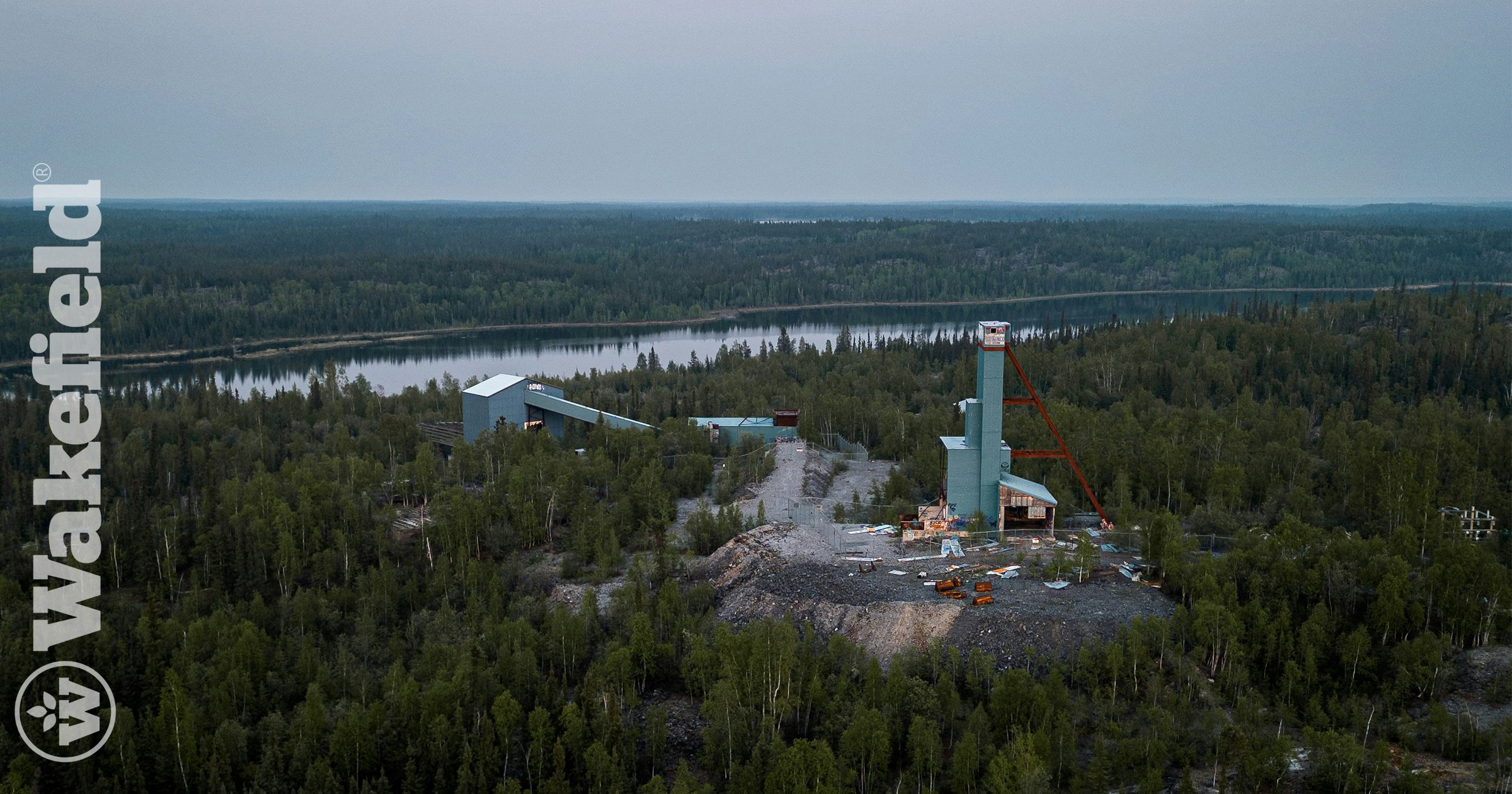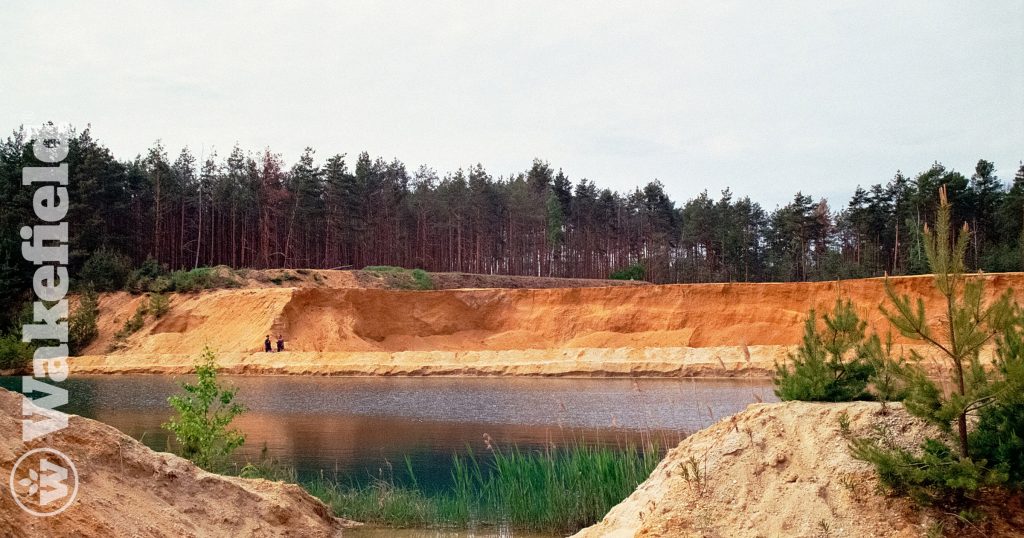Biochars Reduce Mine Land Soil Bioavailable Metals

[wf-scholarly-article title=”Biochars Reduce Mine Land Soil Bioavailable Metals” authors=”Ippolito JA, Berry CM, Strawn DG, Novak JM, Levine J, Harley A.” publication=”U.S. National Library of Medicine” year=”2017″ doi=”10.2134/jeq2016.10.0388″ url=”https://pubmed.ncbi.nlm.nih.gov/28380572/”]
Scientists investigated the potential of using biochar made from local feedstocks, pine beetle–killed lodgepole pine and tamarisk, to remediate soils affected by mine lands. They discovered that increasing the biochar application raised soil pH and significantly decreased the bioavailability of harmful metals such as cadmium, copper, lead, and zinc. This study demonstrates that locally sourced biochar can effectively reduce heavy metal contamination in mine land soils.
Heavy Metal Contamination from Abandoned Mines
Heavy metals from old mining sites can pollute soil and water, posing risks to public health and the environment. In the U.S., there are about 500,000 abandoned mines, with around 160,000 in the western states. These mines pollute over 40% of the region’s streams, and about 33,000 of them cause acid contamination, making heavy metals more harmful. Cleaning up these sites is essential to reduce these risks.
Biochar as a Cleanup Solution
Lime is usually added to contaminated soils to make them less harmful by raising the soil pH. Biochar, which is also alkaline, might work in a similar way. Studies have shown that biochar can remove metals like cadmium, copper, lead, and zinc from soil and water. Biochar made from different materials, such as chicken litter and plant waste, has been effective in binding these metals and reducing their harmful effects. This suggests that biochar could be a useful tool for cleaning up contaminated sites.
Materials and Methods: Biochar
Researchers collected beetle-killed lodgepole pine and tamarisk from two sites in Colorado. These materials were chipped and converted into biochar through a two-stage process. Initially, the wood was heated between 500 and 700°C for less than a minute in a low-oxygen environment. In the second stage, the material underwent pyrolysis at temperatures between 300 and 550°C for about 15 minutes in an anaerobic setting. After cooling, the biochar was analyzed for pH, electrical conductivity, and metal content.
Experimental Design: Biochar Effects on Metal Bioavailability and Soil Metal Fractionation
Researchers mixed different amounts of lodgepole pine and tamarisk biochar with soil samples and added a calcium chloride solution. After shaking and centrifuging, they measured pH and metal content, adjusting results based on soil weight. The dried soil samples were then analyzed using a four-step extraction to identify metal pools, determining how biochar affected metal distribution in the soil.
Results
Applying more lodgepole pine and tamarisk biochar significantly increased the pH of all tested soils because both biochar’s are alkaline. This pH boost likely came from carbonates and other compounds in the biochar. The higher biochar amounts also greatly reduced the availability of harmful metals like cadmium, copper, lead, and zinc by 55% to 100%. This reduction happens because the metals form less harmful compounds with the biochar, making them less available for plants to absorb.






